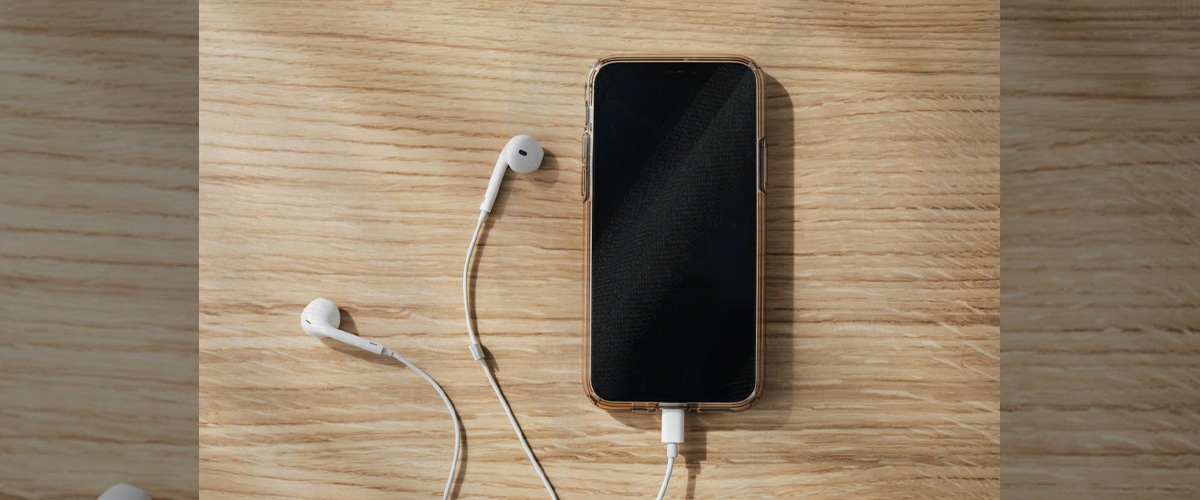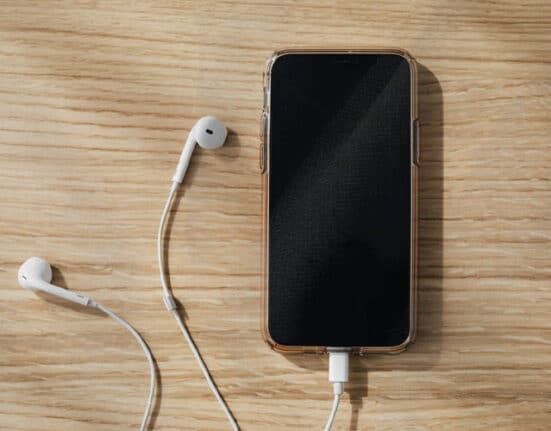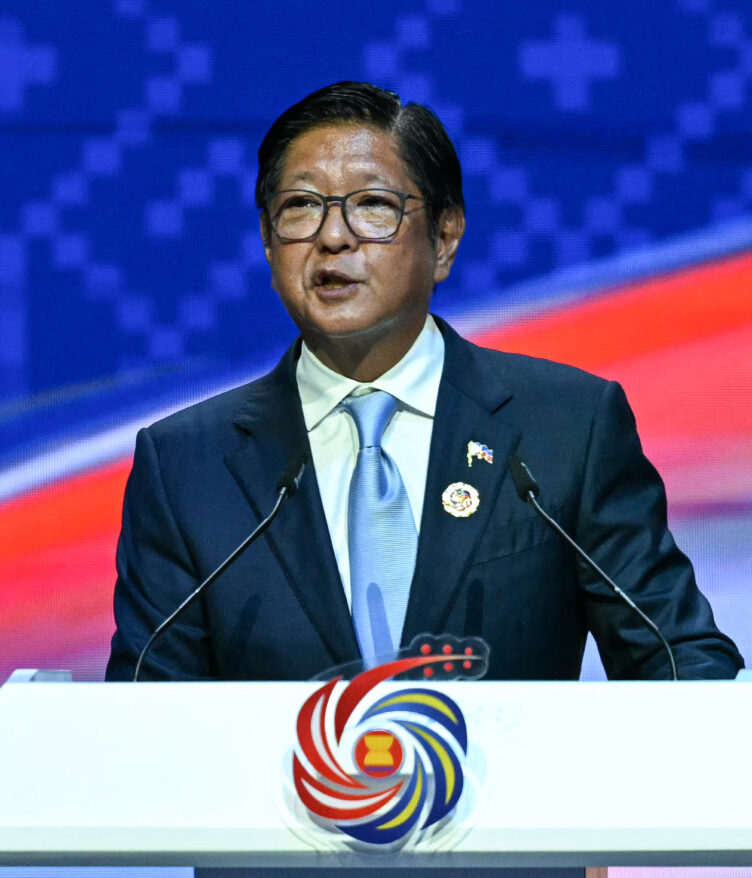BECAUSE sometimes, a song speaks louder than we ever could.
There are days when emotions weigh heavy, but words fail us. We sit in silence, trying to make sense of the ache, the overthinking, the “ewan.” Then, out of nowhere, a song plays, and it hits. Like a punch to the gut or a warm hug, it tells us, “Same.” Someone already said exactly what we were struggling to express, wrapped in a melody and a perfectly timed chorus.
It’s a kind of quiet comfort. And for us, Filipino Gen Zs, that moment isn’t just coincidence, it’s our coping mechanism.
We Use Music to Say What We’re Too Tired To
Sometimes, it’s easier to post a lyric than explain how we’re doing. A cryptic Snoh Aalegra line on your IG story, “Some things don’t work and that’s the way love goes. I get it, I get it, I get it,” or a lip sync to Ariana Grande’s “Love Me Harder” on TikTok suddenly becomes the soundtrack of our day.
We let the music speak for us.
When someone asks what’s wrong, we might reply with “wala naman” or “okay lang,” but what we really mean is the pre-chorus of a song we’ve had on loop since last night. There’s comfort in not having to explain. There’s release in letting a melody do the talking.
And this is especially true when we’re going through things that feel too personal to say out loud: heartbreak, rejection, burnout, family issues, grief, or the generalized anxiety that comes with simply existing. Instead of ranting or repeating ourselves, we hit play. That becomes the message.
Music as Emotional Shortcuts
We live in a time when everyone’s expected to constantly keep it together: show up, reply fast, finish the deadline, be okay. But the truth is, we’re not always okay. And we don’t always know how to talk about it.
Music becomes our emotional shortcut. One song can do what hours of talking sometimes can’t: validate our feelings, help us process them, or just let us cry. For some, that song is In Your Eyes by Snoh Aalegra. For others, it’s the soft sadness of Won’t Go Home Without You by Maroon 5. You don’t even have to say the title out loud, just hum a few lines and someone will already get it.
Even upbeat songs with sad lyrics hit differently when you’re in a certain headspace. You’re dancing, smiling, but the words? Oof. And that’s where the magic is. Gen Zs are fluent in irony and feeling things deeply but quietly, and songs let us do both.
Healing Without Having to Explain
In a culture that sometimes labels vulnerability as “drama” or “arte,” music lets us be soft without fear. And that’s important. A lot of us grew up being told to keep things to ourselves, to bounce back quickly, to just move on. But some things are heavier than that.
With music, we don’t have to explain. We’re allowed to just feel – grief, rage, confusion, or whatever mix of emotions we haven’t named yet. That’s why we make playlists called “pang-iyakan ko lang” or “10pm na pala sige na nga play na natin yan.”
It’s not always sad, either. Sometimes, the right beat can snap you out of a slump. A verse from an OPM hip-hop track can remind you you’re still that baddie. Lip syncing to Selena Gomez’s “Who Says” becomes a small act of empowerment when the world feels too loud.
From Thirst Traps to Therapy Sounds
Let’s be real: we also use music for soft thirst traps. You’ve seen it, lip biting, eye contact, and a sultry Tagalog hip-hop beat in the background. It’s flirty. It’s bold. It’s “I like you, but I’ll never say it, unless you react to this video.”
Sometimes it’s a little pa-cute video with “Akin Ka Na Lang” by Itchyworms. Sometimes it’s the vibe of the sound itself – slightly smug, definitely suggestive. Because yes, music becomes part of our digital flirting language as well.
But the same platforms also become safe spaces for therapy sounds. You’ll scroll past someone lip syncing a sad pop, then the next video is a playlist of songs that helped me when I felt empty. That duality is so Gen Z.
Let the Lyrics Speak
So maybe that’s what makes music so powerful for us. It gives language to the things we’re still figuring out. It listens back when we can’t talk. It holds space for our loudest and quietest emotions, whether we’re singing in the shower, crying in traffic, or lip syncing in the middle of the night with a ring light on.
Music lets us say, “This is me,” without needing to explain why.
And many times, that’s all we really need.
With reports from Kyla Vivero
How useful was this post?
Click on a star to rate it!
Average rating 0 / 5. Vote count: 0
No votes so far! Be the first to rate this post.
We are sorry that this post was not useful for you!
Let us improve this post!
Tell us how we can improve this post?








